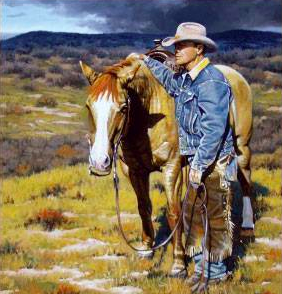
Don’t forget yer old shipmate
Safe and sound at home again, let the waters roar, Jack.
Safe and sound at home again, let the waters roar, Jack.
Chorus
Long we’ve tossed on the rolling main, now we’re safe ashore, Jack.
Don’t forget yer old shipmate, faldee raldee raldee raldee rye-eye-doe!
Since we sailed from Plymouth Sound, four years gone, or nigh, Jack.
Was there ever chummies, now, such as you and I, Jack?
Long we’ve tossed on the rolling main, now we’re safe ashore, Jack.
Don’t forget yer old shipmate, faldee raldee raldee raldee rye-eye-doe!
We have worked the self-same gun, quarterdeck division.
Sponger I and loader you, through the whole commission.
Long we’ve tossed on the rolling main, now we’re safe ashore, Jack.
Don’t forget yer old shipmate, faldee raldee raldee raldee rye-eye-doe!
Oftentimes have we laid out, toil nor danger fearing,
Tugging out the flapping sail to the weather earing.
Long we’ve tossed on the rolling main, now we’re safe ashore, Jack.
Don’t forget yer old shipmate, faldee raldee raldee raldee rye-eye-doe!
When the middle watch was on, and the time went slow, boy,
Who could choose a rousing stave, who like Jack or Joe, boy?
Long we’ve tossed on the rolling main, now we’re safe ashore, Jack.
Don’t forget yer old shipmate, faldee raldee raldee raldee rye-eye-doe!
There she swings, an empty hulk, not a soul below now.
Number seven starboard mess misses Jack and Joe now.
Long we’ve tossed on the rolling main, now we’re safe ashore, Jack.
Don’t forget yer old shipmate, faldee raldee raldee raldee rye-eye-doe!
But the best of friends must part, fair or foul the weather.
Hand yer flipper for a shake, now a drink together.









